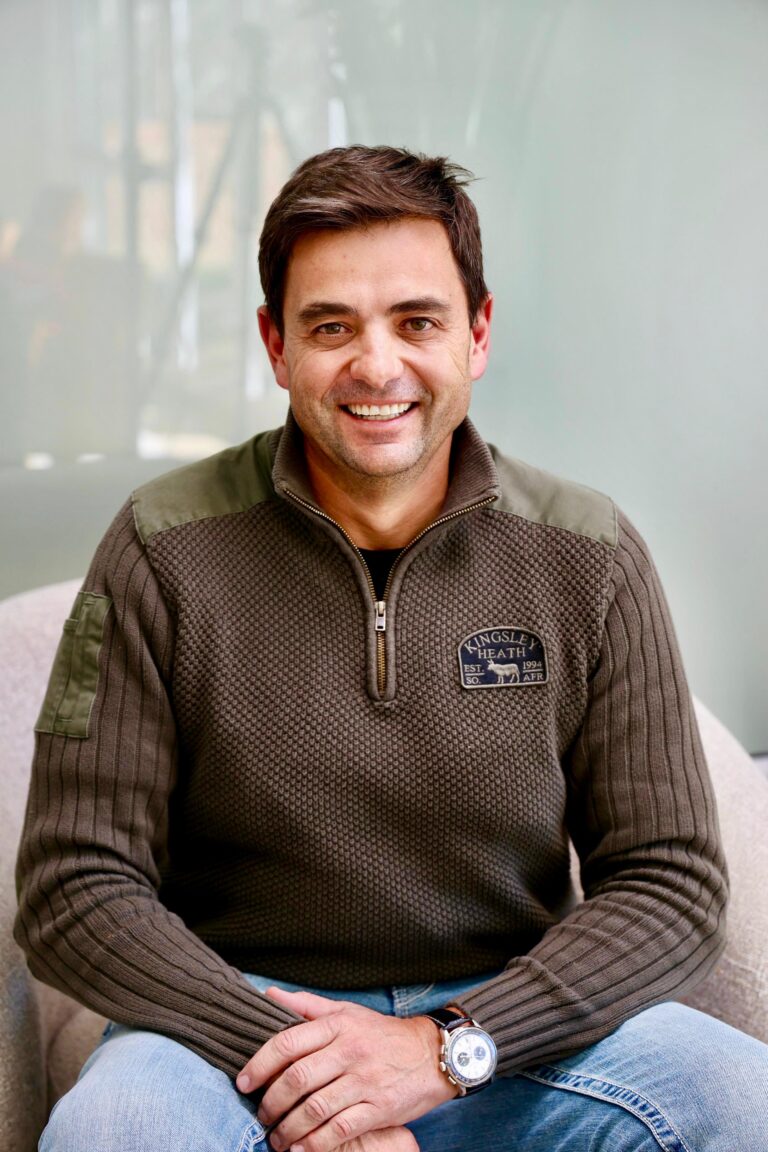
In a continent racing to build infrastructure, power plants, pipelines, and manufacturing hubs, a quiet but powerful opportunity is emerging: projects that embed professional materials engineering can cut insurance premiums by 8–20% translating into millions of dollars in savings per project. But without urgent investment in skills and capacity, Africa risks leaving this money and critical risk improvements on the table.
From power stations in South Africa to mining operations in Zambia, defective materials, poor welding, and substandard coatings are among the leading causes of costly project failures. Global data from Allianz shows defects are the #1 cause of engineering insurance claims by frequency. In Africa, where many projects already face high borrowing and insurance costs, eliminating these defects could reshape the economics of industrial development.
The game-changer? Accredited materials engineering and rigorous quality control at every stage from design reviews and vendor quality checks to non destructive testing (NDT) and root cause failure analysis (RCFA). According to industry modelling, these measures can reduce loss costs by 10–15%, enabling insurers to offer premium reductions in the high single to low double digits without undermining profitability.
“This is one of the most direct, measurable ways to reduce insurance costs while improving industrial resilience,” says Dr. Janet Cotton, Founder and Managing Director at One Eighty Materials Engineering Solutions. “It’s not about shaving rates, it’s about engineering out the failures that drive claims in the first place.”
Why it matters now:
* Massive premium savings: A single 10% premium reduction on a R1 billion risk means R100 million save, funds that can be reinvested into project delivery, maintenance, or expansion.
* Investor confidence: Better risk profiles attract global lenders and insurers, making it easier to finance African mega-projects.
* Skills shortage risk: Africa currently has a critical shortage of accredited materials engineering labs and certified professionals, a bottleneck that could limit the adoption of these practices.
The upcoming RCA Africa Conference in March 2026 will spotlight how the insurance and engineering sectors can collaborate to close this gap.
Organised by One Eighty Materials Engineering Solutions, the event will bring together underwriters, engineers, and policymakers to explore how materials engineering can de-risk Africa’s industrial future.
Call-to-Action / News Peg:
With billions in potential savings and the chance to transform Africa’s risk profile, the conversation is no longer if materials engineering should be integrated into project planning, but how fast industry and insurers can make it happen.












.png)